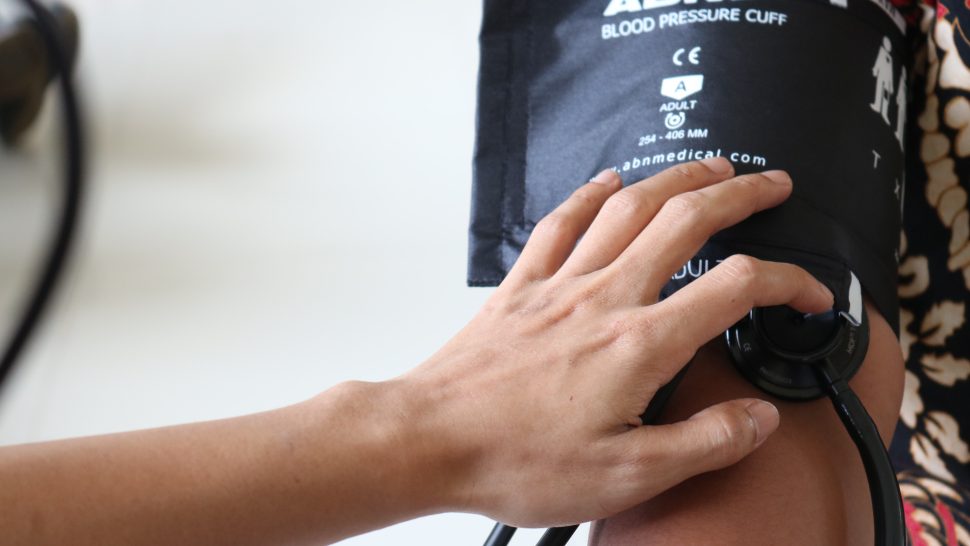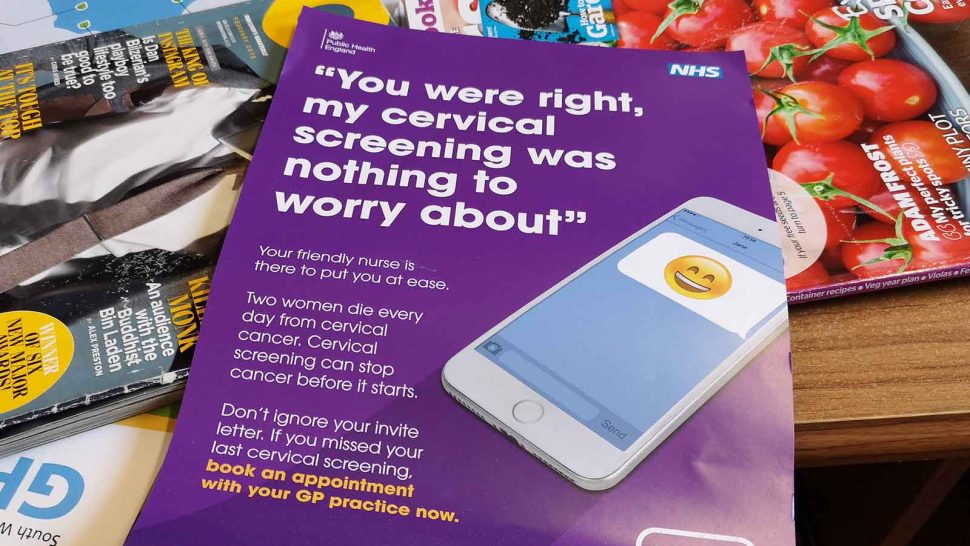What works: Health checks for patients with severe mental illness
Morbidity and mortality in people who suffer from severe mental illness (SMI) is substantially higher than the general population. In the UK, annual screening for physical health conditions is available for people with SMI, however uptake is low. This brief examines available evidence for interventions to improve delivery of physical health checks for people with SMI in primary care.





